Looking back on Bill Belichick’s incredible 24-year run as Patriots head coach
Belichick didn’t get his storybook ending in New England, but much of his tenure still felt like a fairytale.
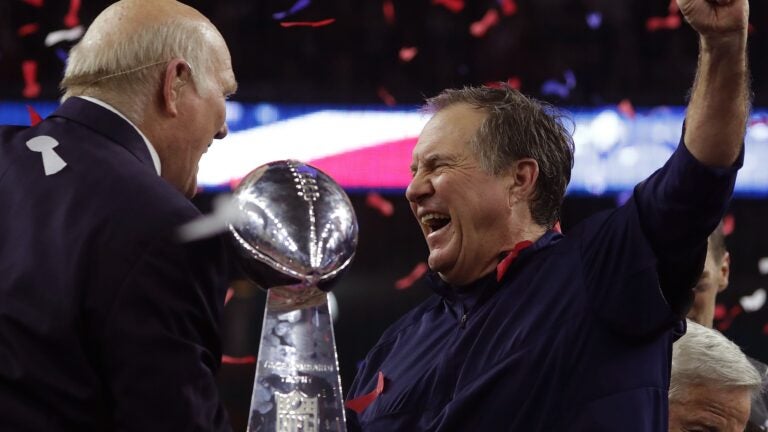
Bill Belichick’s time with the Patriots finally came to an end on Thursday, as the team and the coach plan to part ways.
Belichick, who had led New England for 24 seasons, finished with a dismal 4-13 season days ago.
He leaves Foxborough as one of the longest-tenured coaches with one team in NFL history, a six-time Super Bowl champion as head coach — an all-time record — and perhaps as the greatest coach of all time.
Belichick didn’t get his storybook ending in New England, but much of his tenure still felt like a fairytale. Here’s a look back at some of the highlights of a legendary career.
Jan. 27, 2000: The beginning — You could argue that Bill Belichick’s story in New England actually started three weeks earlier, when he began his decades-long disdain for the New York Jets by unexpectedly resigning as he was being introduced as the Jets’ next head coach.
Bill Parcells and team management had arranged for Belichick to succeed him in New York, but that only lasted a day. After a bizarre press conference, Robert Kraft had to part ways with a first-round pick in the 2000 NFL Draft to compensate New York for Belichick’s surprise U-turn; 24 years later, that looks like pretty good value.
Belichick was introduced on Jan. 27, cracked some jokes to open proceedings, and got to work.
Sept. 23, 2001: The Brady-Belichick Era — Belichick’s story in New England will forever be inextricably linked with that of Tom Brady, the no-name, sixth-round quarterback that backed up star signal-caller Drew Bledsoe.
It’s hard to know what would have happened without that fateful day in 2001, when Bledsoe scrambled out of the pocket on third and 10 against — who else — the Jets and found himself on the wrong end of a crushing Mo Lewis hit that sheared a blood vessel in Bledsoe’s chest.
On came Brady, who was unable to engineer the sort of fourth-quarter comeback in his first real game action that would come to define his career. But the Brady-Belichick Era had begun, and nobody had a clue how successful it would be.
February 3, 2002: First Super Bowl — Behind their upstart new quarterback and one of the league’s stingiest defenses, Belichick’s Patriots went 11-5 in 2001 to win the AFC East, a complete inversion from a 5-11 2000 season that saw them finish last in the division.
New England scraped past Oakland in the divisional round thanks to some heroics from Adam Viniatieri (and a certain “Tuck Rule” that changed the course of history) and upset the heavily-favored Steelers in the AFC Championship Game to reach Super Bowl XXXVI, Belichick’s first as a head coach.
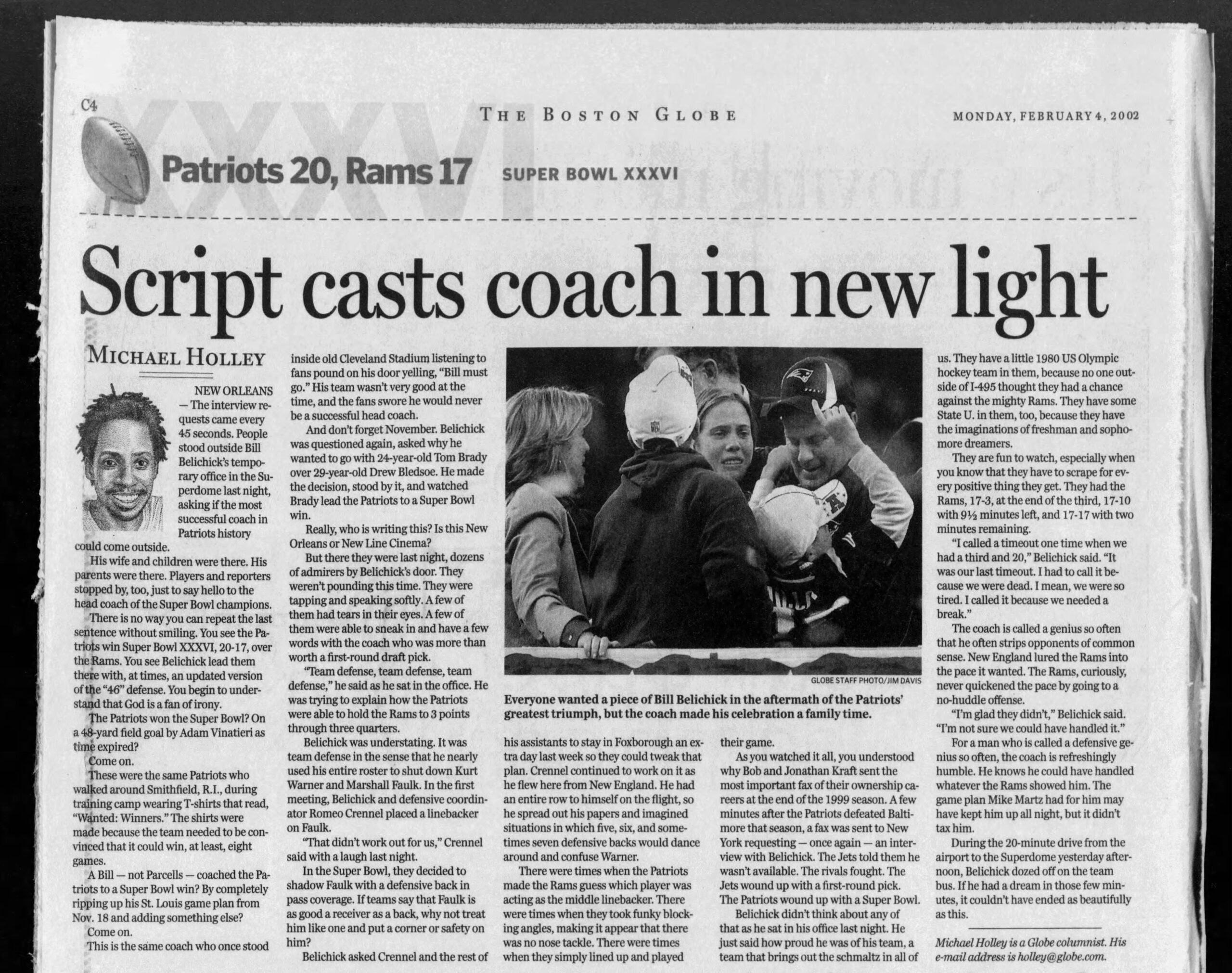
There he was tasked with shutting down the high-flying Rams, nicknamed “The Greatest Show on Turf” after leading the NFL in scoring by wide margins for three consecutive seasons. His defense stepped up in a major way, holding the star-studded St. Louis offense — which had averaged 31.7 points per game in the regular season — to just 17, setting the stage for Brady’s history-making drive, another legendary Viniatieri kick, and the franchise’s first championship.
Belichick had pulled the franchise out of the doldrums for one of the NFL’s all-time great Cinderella runs. But the clock wasn’t anywhere near midnight yet.
Feb. 1, 2004: A second Super Bowl and Coach of the Year — After missing the playoffs following a 9-7 season in 2002, the Patriots came out flat with a 31-0 loss to the Bills to open 2003 and started the season 2-2. They would not lose again.
With Brady coming into his own and Belichick’s league-best defense allowing just 14.9 points per game, New England rattled off 12 straight wins to finish the season, with Belichick named Coach of the Year for the first time.
The Patriots held one co-MVP (the Titans’ Steve McNair) to just 210 yards in the divisional round, then tormented the other (the Colts’ Peyton Manning) with four interceptions in the AFC Championship Game to return to the Super Bowl.
You could quibble over whether Super Bowl XXXVIII against the Panthers is any proof of Belichick’s genius, with that league-best defense getting dragged into a shootout. But Belichick’s game plan was enough to set up Vinatieri for another famous kick, and his Patriots became Super Bowl champions for the second time in three years.
“That was a terrific football game to watch, Belichick said afterward. “But it was not a terrific game to coach. I was having a heart attack out there.”
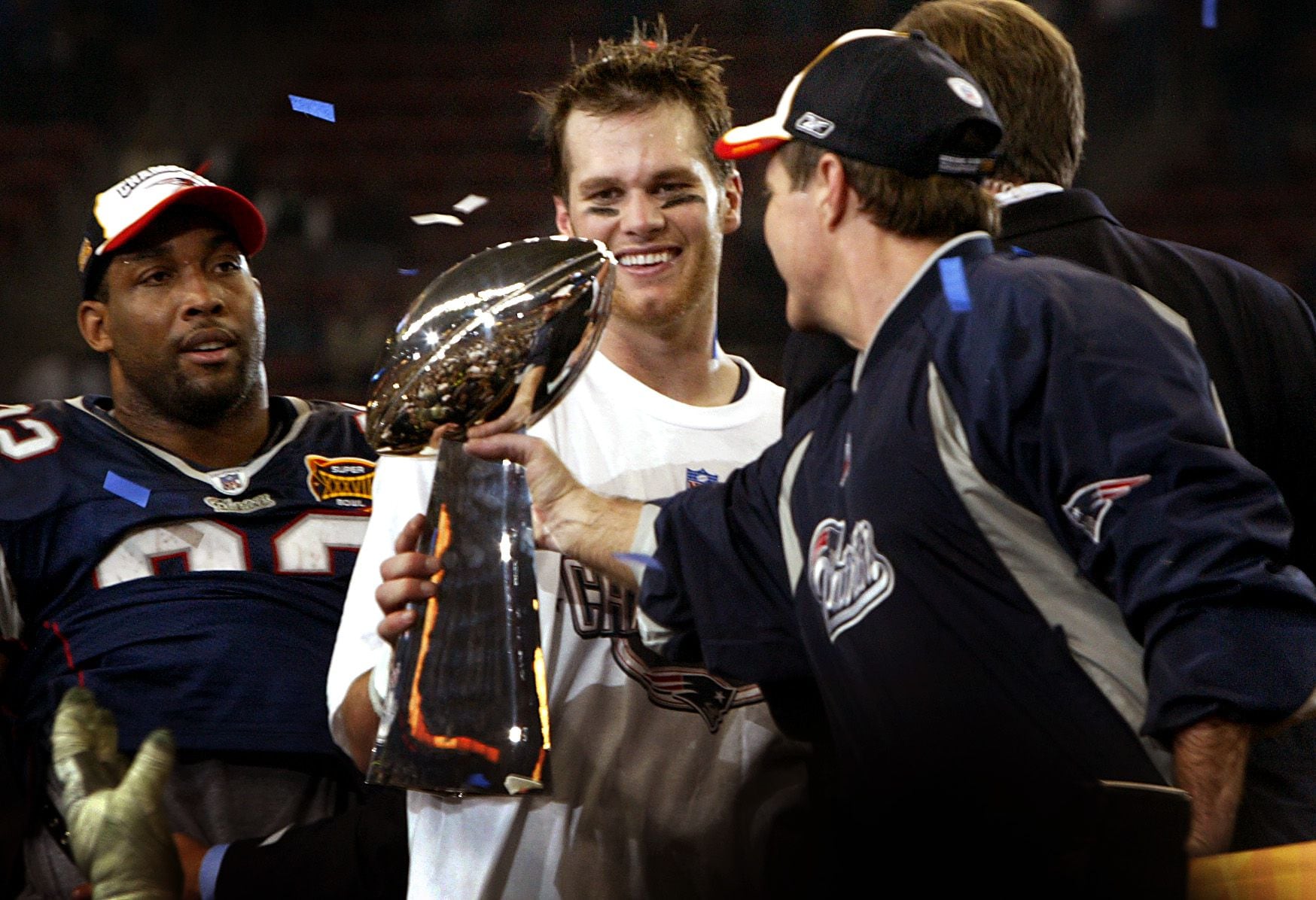
Feb. 6, 2005: A dynasty cemented — The Patriots defense was again amongst the league’s best in 2004 despite key injuries in the secondary, and New England stormed into the playoffs with another 14-2 finish and another AFC East title. Belichick and co. throttled Manning and the Colts in the divisional round, went into Pittsburgh to exact revenge on the Steelers — who ended New England’s 21-game winning streak during the regular season — to reach a third Super Bowl in four years.
A 24-21 victory over the Eagles in Super Bowl XXXIX, capped off by an interception from Patriots Hall of Famer Rodney Harrison, left little doubt as to New England’s place as a dynasty, and Belichick’s place as one of the greatest coaches in history. The Patriots became the second team to win three titles in four years, and still the most recent to finish on top in back-to-back seasons.
Even then, amid all the champagne-soaked celebrations, Belichick was stoic when asked about cementing a “dynasty.”
“We don’t look at it that way,” he said after the win. “We didn’t look at it that way two days ago, and we don’t look at it that way now. We started out like everyone else — at the bottom of the mountain, and now we’re at the top. When next season starts, we’ll start out at the bottom again.”
Sept. 13, 2007: Spygate — Remember that disdain for the Jets? Tensions didn’t exactly settle over the years, with former Patriots assistant Eric Mangini and the Jets tipping off the league that New England was filming New York’s signals from the sidelines.
Belichick was fined $500,000, the largest the league had ever levied against a head coach, for his role in the “Spygate” scandal.
Feb. 3, 2008: Flirting with perfection — The revenge tour commenced immediately, as the retooled Patriots — with Brady throwing to Randy Moss and Wes Welker instead of Reche Caldwell and Jabar Gaffney — finished off the first 16-0 season in NFL history. Brady was named MVP, Belichick was Coach of the Year for a second time, and New England looked destined for history.
You know the rest. The seemingly-unstoppable Patriots offense never found its footing in Super Bowl XLIX, Belichick’s defense largely held up but couldn’t make one last stop in the final minutes, falling to an Eli Manning heave and David Tyree’s helmet.
Belichick had masterminded one of the biggest Super Bowl upsets in history against the Rams in 2002. In 2008, he was on the wrong end of another.
Feb. 5, 2012: Another Super Bowl, another failure — It’s hard not to view Belichick’s time in New England through the prism of the Super Bowls he coached in — there were nine, after all — and four years after that crushing loss to the Giants, Belichick and the Patriots had a chance at revenge.
In between came, arguably, some of Belichick’s best coaching jobs. There was 2008, when Brady tore his ACL in the opener and Belichick’s Patriots still went 11-5 with Matt Cassel under center. In 2010, New England went 14-2 and Belichick was named Coach of the Year for a third time.
The Patriots finally got back to the big game after a 13-3 2011 season. Eli Manning and the Giants broke their hearts again.
The early success set expectations sky-high, and after back to back 12-4 seasons in 2012 and 2013 that ended in convincing AFC Championship Game defeats, the trophy drought was nearing a decade. Questions about Belichick were being asked, and the noise was getting louder.
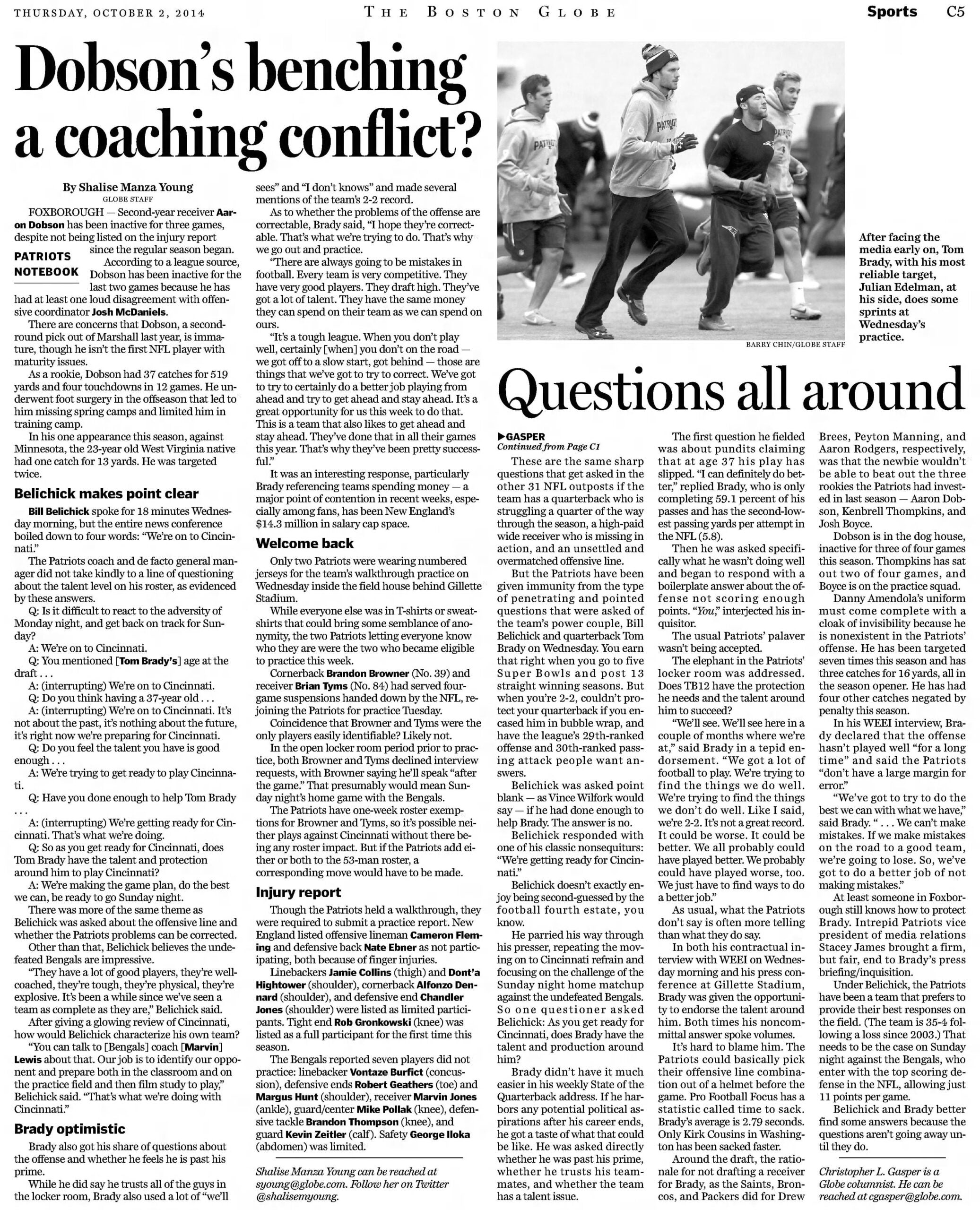
Oct. 1, 2014: Onto Cincinnati — The noise around Belichick and whether he’d set up a then-37-year-old Brady to succeed reached a fever pitch in 2014 after a Week 4 blowout loss to the Chiefs, a 41-14 hammering that prompted ESPN’s Trent Dilfer to famously proclaim of the Patriots: “Let’s face it, they’re not good anymore!”
Two days later, Belichick deflected all the fire with one simple phrase: “We’re onto Cincinnati.” Thus came one of his most famous press conferences, as he was repeatedly prodded about the fate and future of the team. His response wouldn’t change.
New England indeed moved on to Cincinnati with a statement 43-17 win on the road, going 10-2 the rest of the way before twice rallying from 14-point deficits to beat Baltimore in the divisional round and then blowing out Indianapolis in the AFC Championship Game to reach another Super Bowl. Turns out, the Patriots were still pretty good.
Feb. 1, 2015: Malcolm Butler — History hinges on moments. Two decades of the Patriots dynasty was built on them, brief instances that could have swung one way or the other.
Belichick and Brady entered Super Bowl XLIX against Seattle with their legacies on the line, two Super Bowl losses and a decade removed from their last title. They needed this one.
Brady did his part, engineering a typical fourth-quarter comeback with two touchdowns in the final period to give New England a 28-24 lead. Jermaine Kearse’s circus catch with just over a minute to play looked like more heartbreak in the vein of Tyree and Mario Manningham, with the Seahawks looking destined to score the clinching touchdown.
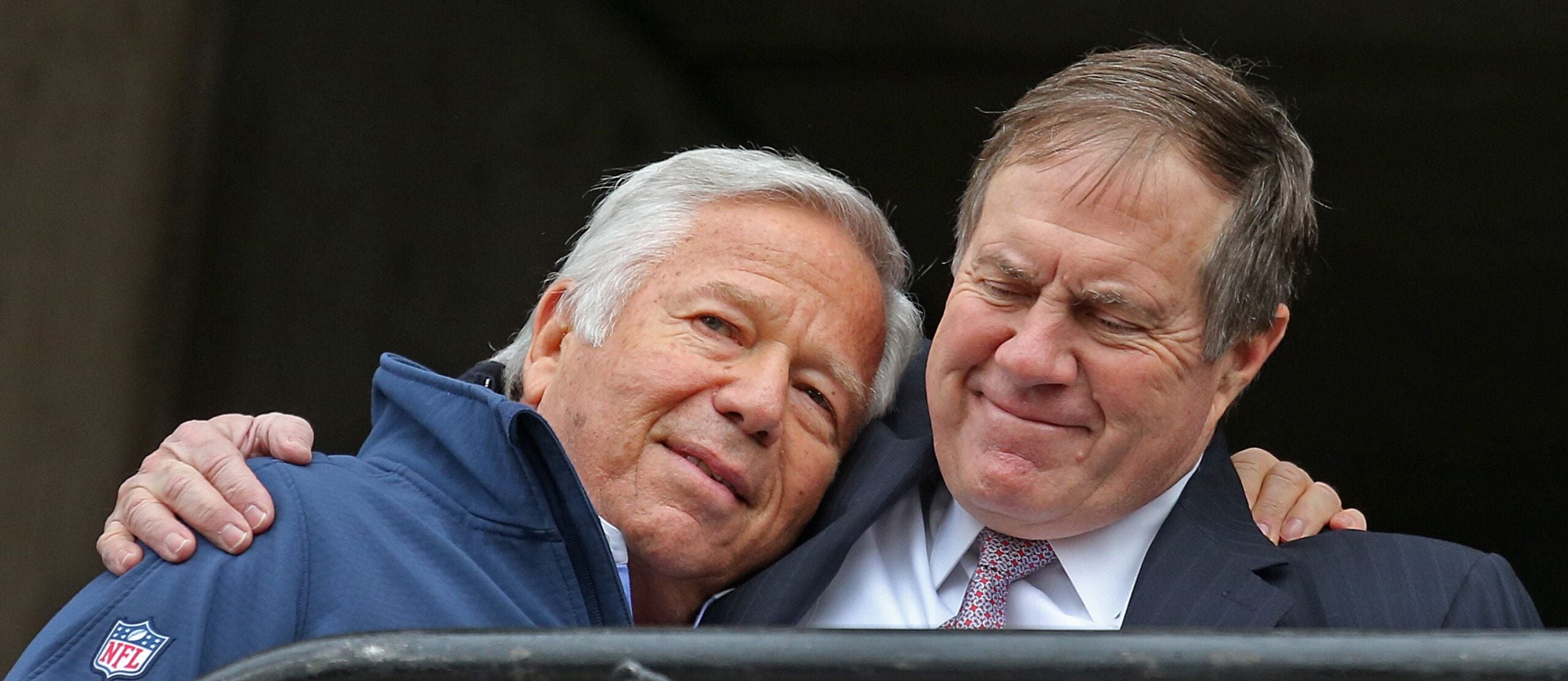
You can decide for yourself how much this one is simply on Pete Carroll and the Seahawks, and whether you buy that Belichick’s surprising decision not to call timeout and let the clock run down to 26 contributed to the chaos on Seattle’s sideline that would eventually be the Seahawks’ downfall.
One way or the other, Seattle opted to throw, Malcolm Butler made a play, and Belichick had his fourth championship, just the second coach to reach the milestone.
“I couldn’t be prouder of this team,” he said in the aftermath. “These guys have been counted out many times through the course of the year by a lot of people but they always believed in themselves and just kept fighting.
“These guys are really special.”
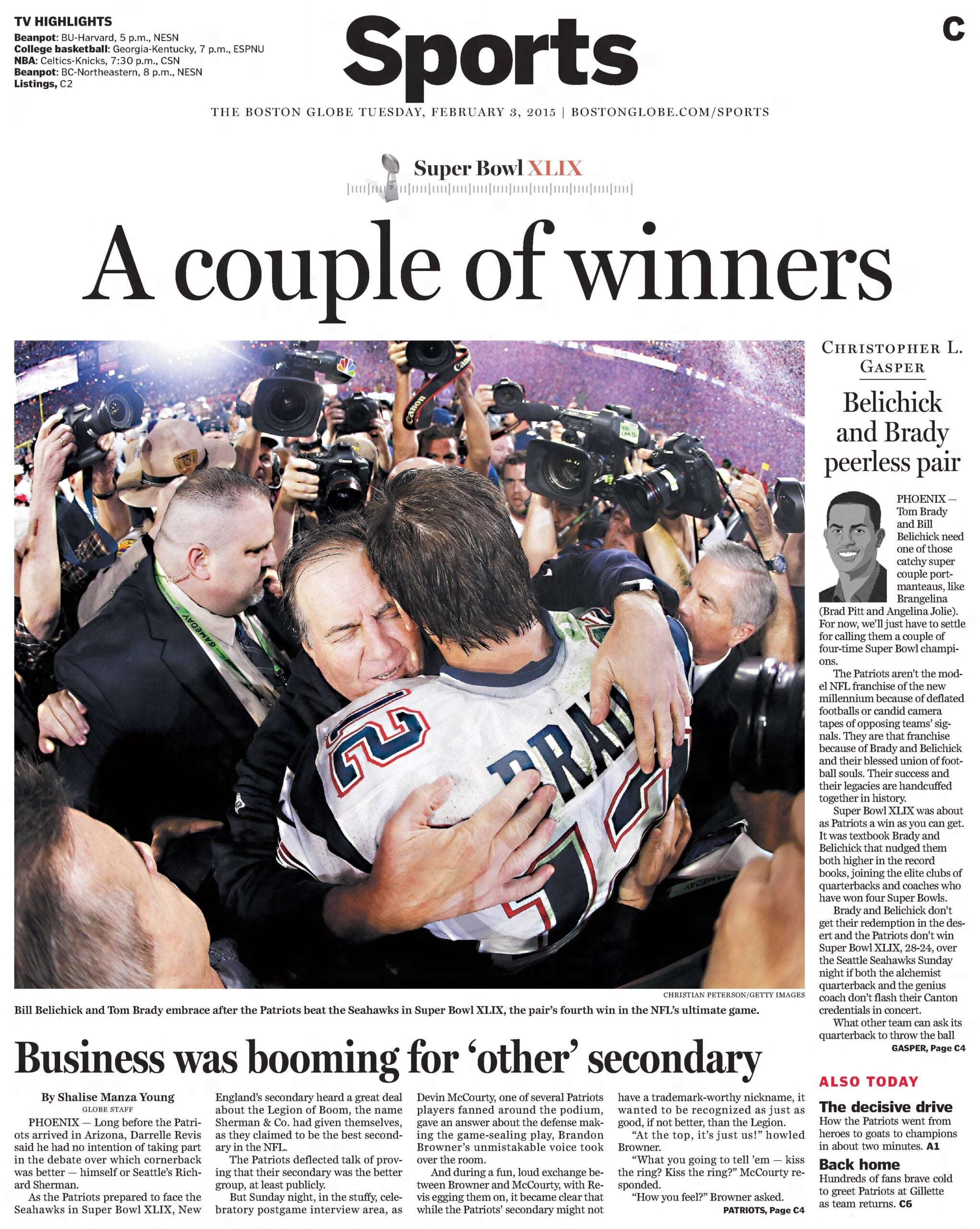
Feb. 5, 2017: Belichick stands alone — It would probably be fair to assign the lion’s share of credit to Super Bowl No. 5 to Tom Brady, who was absolutely sensational in New England’s legendary comeback from down 28-3 against the Falcons.
But after a disastrous first half, Belichick didn’t flinch, and his defense did its part down the stretch, holding Atlanta scoreless through the final quarter and a half and making some huge plays — Dont’a Hightower’s strip sack of Matt Ryan springs to mind — to make the impossible comeback a little more possible.
The greatest comeback in Super Bowl history made Belichick (and, of course, Brady) undeniable. His fifth Super Bowl broke a tie with Chuck Knoll to put him atop the list of championships as a head coach.
Feb. 3, 2019: A sixth title — Bill Belichick was always busy in February.
New England couldn’t make it back-to-back titles a year prior after a Super Bowl LII loss to the Eagles, but the Patriots made it three trips in a row to the big game after going 11-5 in 2018, delaying a nascent Chiefs powerhouse from ascending with a thrilling road win in the AFC Championship Game, and reaching a third consecutive Super Bowl.
Belichick’s first Super Bowl in New England will forever be his magnum opus, but his last one wasn’t far off. Almost two decades later, it was the Rams again, led by a hotshot offensive mind in Sean McVay, averaging nearly 33 points per game.
Belichick ran rings around McVay and Los Angeles quarterback Jared Goff, holding one of the league’s most prolific offenses to just 3 points to claim championship No. 6, as Belichick moved closer to lapping his coaching peers rather than just surpassing them.
The Patriots had never won a championship before Bill Belichick arrived, unexpectedly, in the winter of 2000. Just short of two decades later, New England had as many championships as any other franchise, won in a much shorter period, reaching nine Super Bowls in an unprecedented era of dominance. Belichick oversaw 19 consecutive winnings seasons, 18 of them double-digit win campaigns, 17 enough to win the AFC East.
Belichick would never again coach the Patriots in February. But for nearly 20 years, it was a 50/50 proposition that he would be at the end of any given season.
March 17, 2020: Beginning of the end — When Tom Brady decided after the 2019 season that he wouldn’t be returning to New England, it was clear that it was the end of an era.
Outsiders had speculated on the relationship between coach and quarterback for years; whether Belichick had wanted to move on from his aging signal-caller even sooner than 2020, or whether Brady felt too constrained after 19 years under Belichick’s thumb.
The split finally happened that March, when Brady called time on his stint in New England and headed south to win another Super Bowl in Tampa.
Belichick had a chance to again prove his chops without his Hall of Fame quarterback, and the results were decidedly mixed: A 7-9 finish in a strange, COVID-affected season in 2020; a more promising 10-7 year in 2021 that netted a brief playoff appearance; a disappointing return to a losing 8-9 in 2022; and the eventual crumbling of the 2023 team to a 4-13 finish.
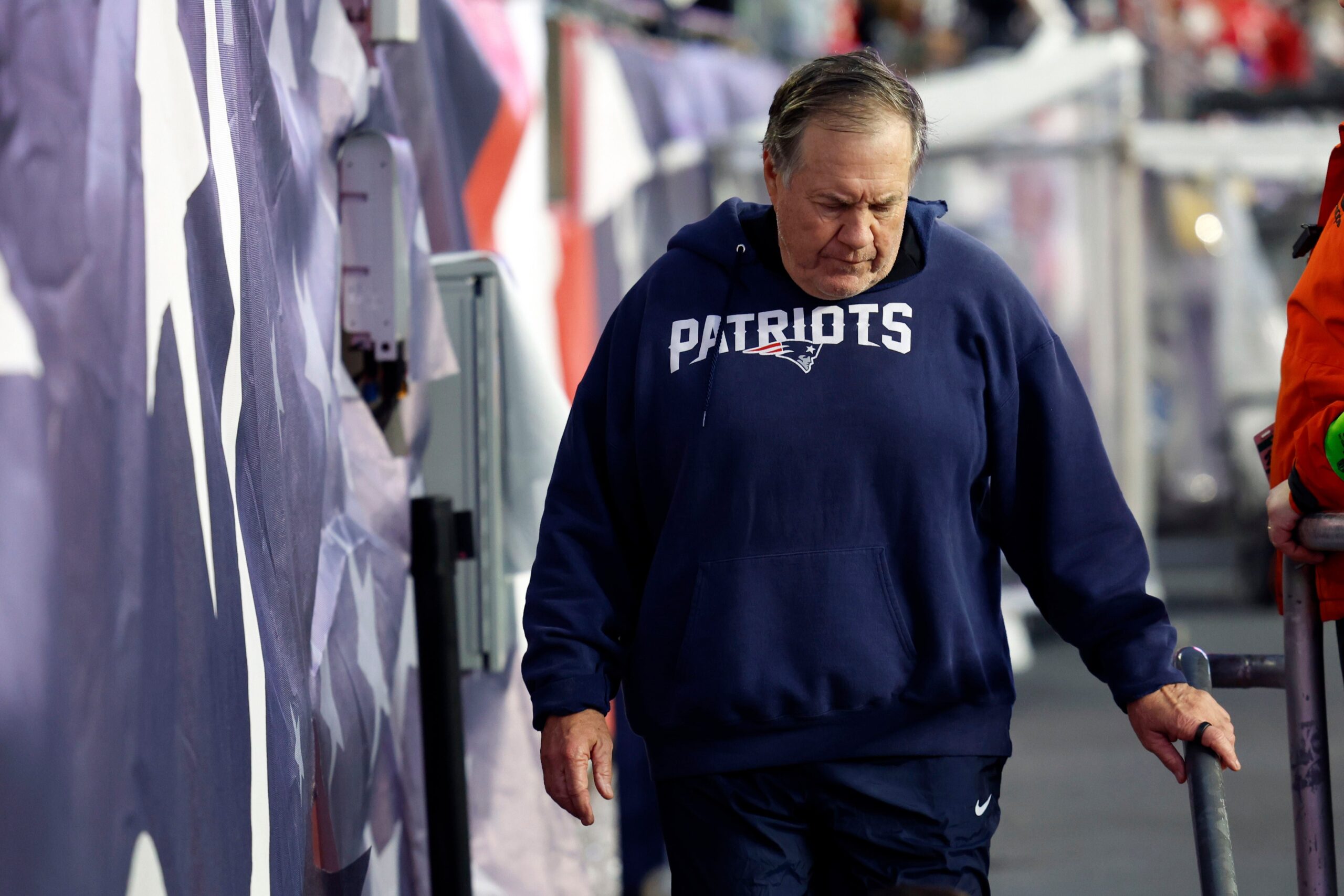
Jan. xx, 2023: Belichick says farewell — And that brings us to now, as Belichick’s time in New England drew to a close on xxx. Speculation was rampant throughout the season as the Patriots continued to struggle and suffered some of the most embarrassing results of Belichick’s tenure.
The final tally for Belichick in Foxborough: 24 seasons, a 266-121 record, 17 AFC East championships, three Coach of the Year awards, nine Super Bowl appearances, and, most importantly, a record six championships to add to the two rings he already had as an assistant.
Belichick’s time may be ending with a thud, but for more than two decades, there was far more glory than any coach could ever be expected to muster.
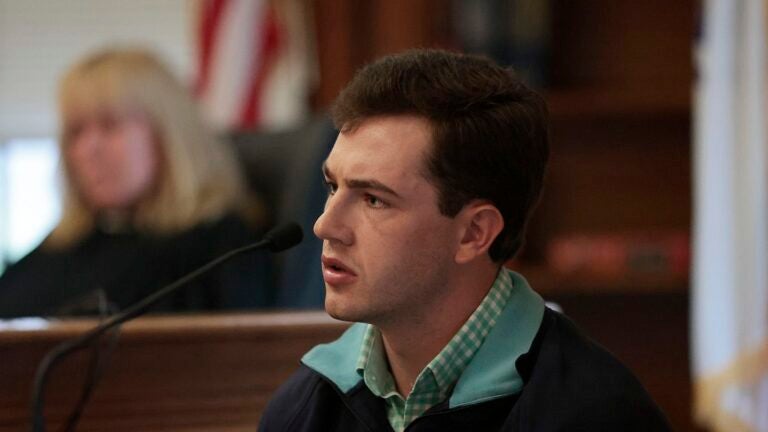
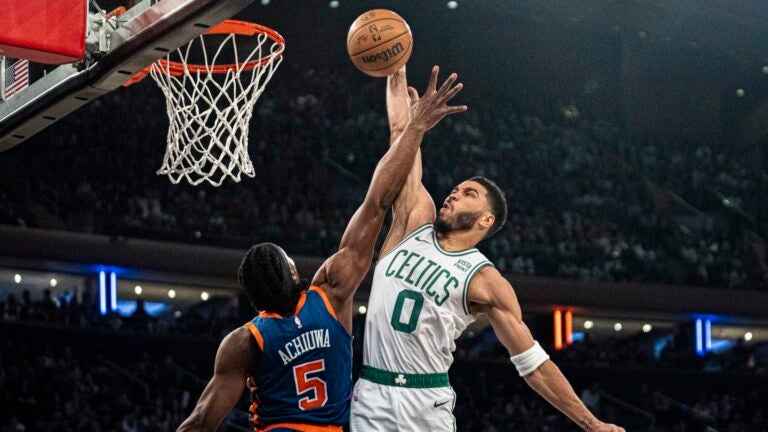

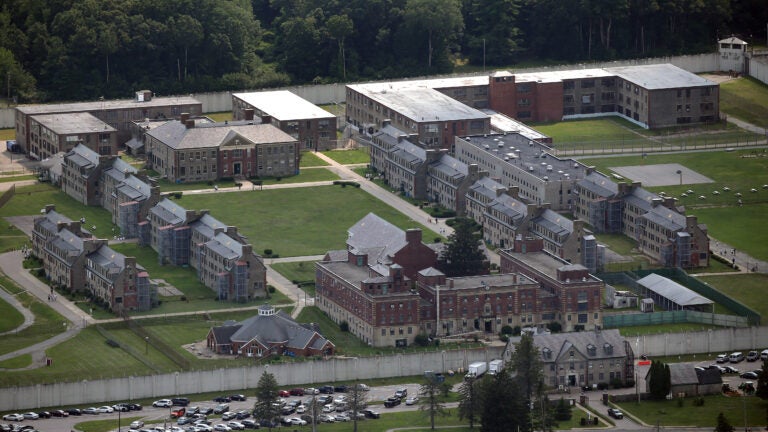

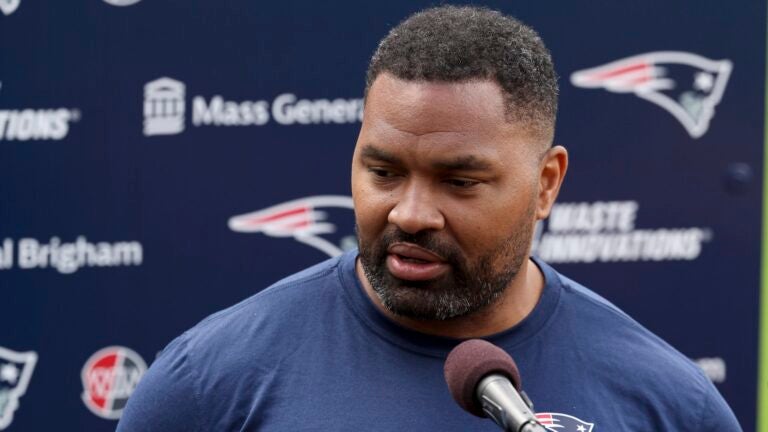
Conversation
This discussion has ended. Please join elsewhere on Boston.com